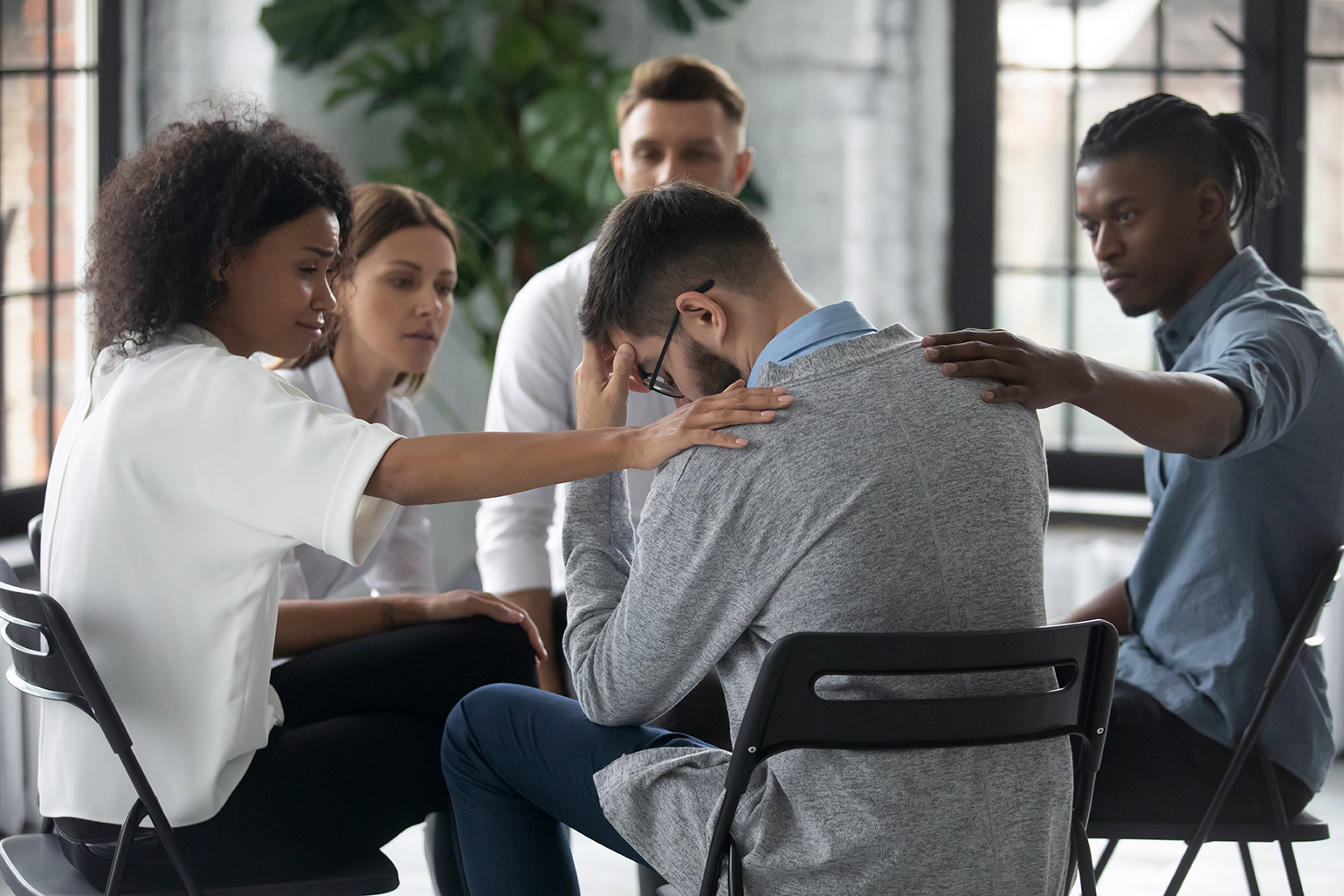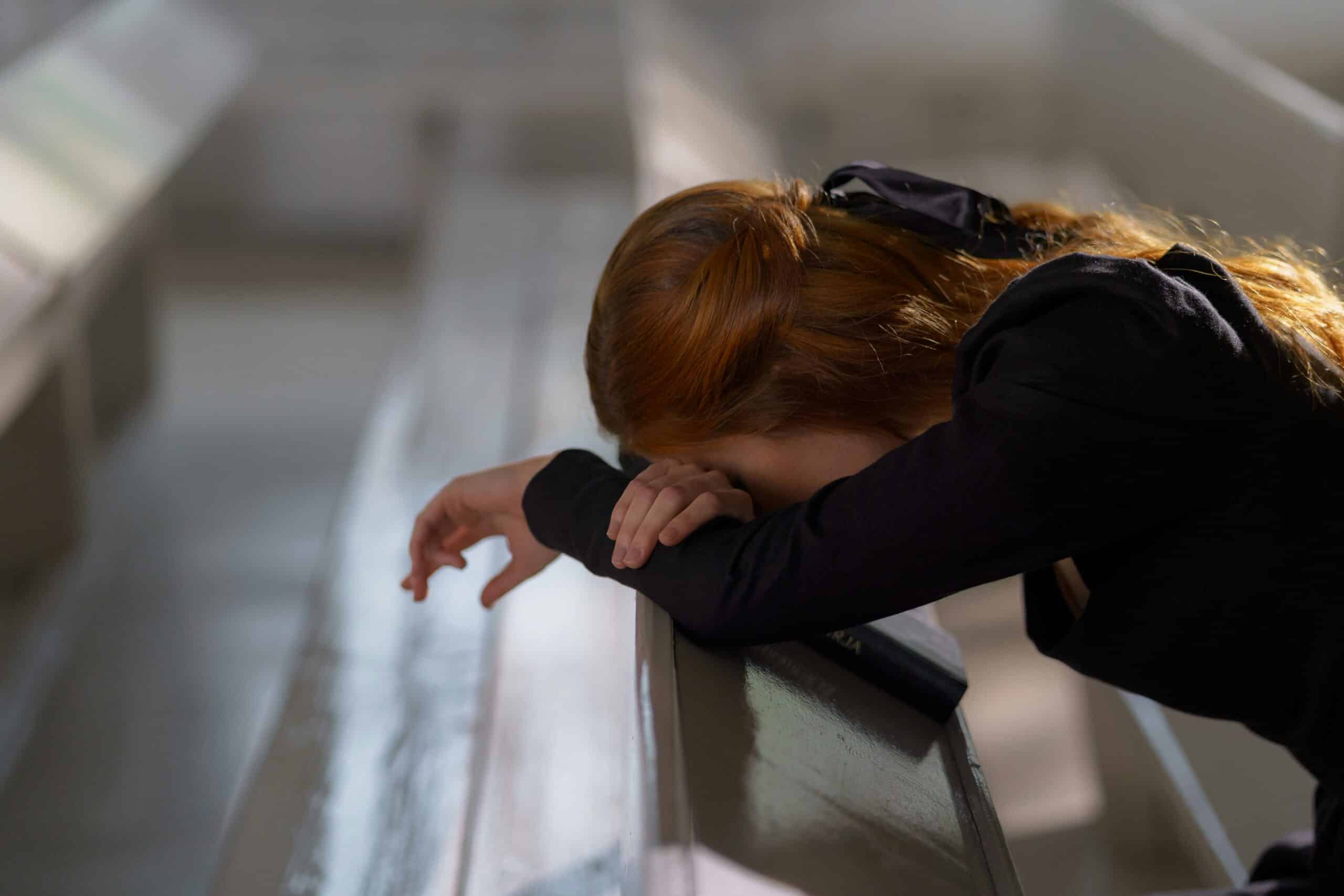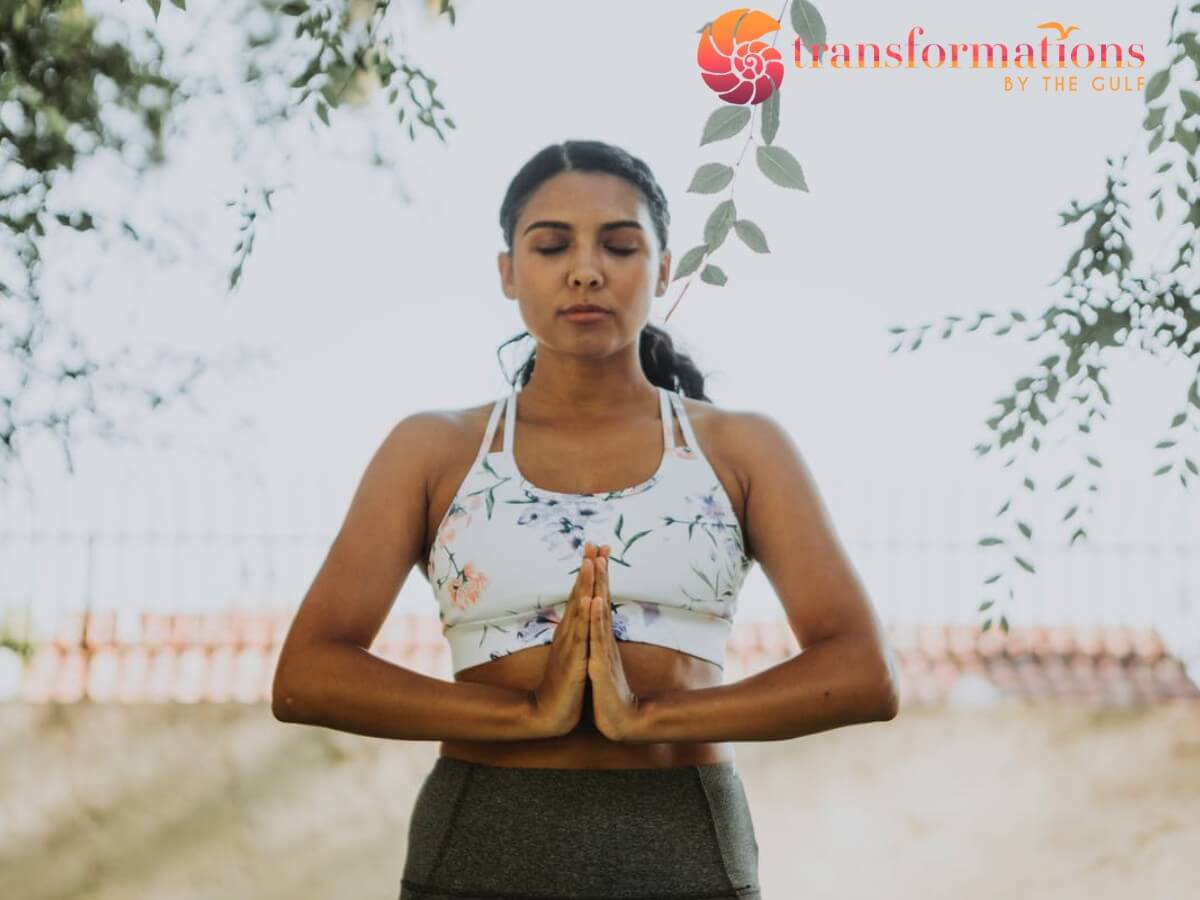Will Insurance Pay for Addiction Treatment?
Will Insurance Pay for Addiction Treatment?
Which Insurance Providers does Transformations accept?
It's quite reasonable to wonder if your insurance is accepted when finding a treatment program for addiction you may ask yourself, "where is a Florida Addiction Rehab that accepts Aetna?", "where is a Florida Addiction Rehab that accepts Cigna?", "where is a Florida Addiction Rehab that accepts Blue Cross?", "where is a Florida Addiction Rehab that accepts United Healthcare?", "where is a Florida Addiction Rehab that accepts Harvard Pilgrim?", "where is a Florida Addiction Rehab that accepts Florida Blue?", or other insurances. We make it easy to get verified for your coverage. Simply call our addiction support specialists at (727)498-6498 and they can answer insurance questions with no pressure.
Ready For Help with Your Addiction Problem?
If you are using drugs or alcohol, you may have an addiction that requires professional help. Find out At Transformations by the Gulf How Mind-Altering Substances Work, we offer programs that let you continue on with your daily life by living at home but coming in for the treatment you need. Transformations by the Gulf provides a secure and supportive environment to address negative emotions and develop coping mechanisms essential for the recovery journey. If you or someone you know is struggling with an addiction to drugs or alcohol, call us today at (727)498-6498.
Being Supportive to an Addict After Rehab, are you struggling with addiction and want to learn more? Check out our page on addiction treatments.
If you or a loved one needs treatment and rehabilitation for substance use, Transformations by the Gulf can help. Find out more information from Psychology Today!
Connection Between Impulse Control and Addiction
Connection Between Impulse Control and Addiction
Causes of Impulse Control Disorders
Impulse Control Disorders and Substance Abuse
Help is Available
It’s important to seek the advice and counsel of mental health professionals when suffering from an impulse control disorder. Fortunately, the expert counselors and therapists at Destinations for Teens have extensive experience in dealing with disorders of all types. Our focus is on helping teens and adolescents find healing. Get in touch with our professional staff to find out the best options for successful treatment. Some of our therapeutic services include:
- Yoga therapy
- Art therapy
- Group therapy
Ready For Help with Your Addiction Problem?
If you are using drugs or alcohol, you may have an addiction that requires professional help. Find out At Transformations by the Gulf How Mind-Altering Substances Work, we offer programs that let you continue on with your daily life by living at home but coming in for the treatment you need. Transformations by the Gulf provides a secure and supportive environment to address negative emotions and develop coping mechanisms essential for the recovery journey. If you or someone you know is struggling with an addiction to drugs or alcohol, call us today at (727)498-6498.
Being Supportive to an Addict After Rehab, are you struggling with addiction and want to learn more? Check out our page on addiction treatments.
If you or a loved one needs treatment and rehabilitation for substance use, Transformations by the Gulf can help. Find out more information from Psychology Today!
What Addiction Treatment is Like
What Addiction Treatment is Like
Treatment of Addictive Disorders
- Detoxification and medical management of withdrawal symptoms, if needed;
- a comprehensive evaluation of the nature of use, and strengths and needs of the individual which results in a diagnosis;
- an individualized treatment plan which is developed with the patient and is modified as the individual progresses;
- pharmacological therapy, when appropriate;
- monitoring of continued abstinence from alcohol and/or other substances;
- vocational and educational assistance;
- cognitive and behavioral therapy;
- clinical case management;
- continuing care; and
- self-help or peer support as a complement to professional treatment
- Understand the relevant issues associated with the disease as it affects their lives and the lives of those around them;
- Understand the physical impact of chemicals and the implications of addiction on brain functioning;
- Learn and practice the mechanisms, attitudes, skills and behaviors necessary to sustain the positive effects of treatment;
- Develop the capacity or potential to practice normal life activities with responsibility;
- Recognize the personal signs, symptoms, circumstances, and triggers of relapse and know how to respond; and
- Develop and sustain a social support network that will foster and reinforce ongoing recovery.
Ready For Help With Your Addiction Problem?
If you are using drugs or alcohol, you may have an addiction that requires professional help. Find out At Transformations by the Gulf How Mind-Altering Substances Work, we offer programs that let you continue on with your daily life by living at home but coming in for the treatment you need. Transformations by the Gulf provides a secure and supportive environment to address negative emotions and develop coping mechanisms essential for the recovery journey. If you or someone you know is struggling with an addiction to drugs or alcohol, call us today at (727)498-6498.
Being Supportive to an Addict After Rehab, are you struggling with addiction and want to learn more? Check out our page on addiction treatments.
If you or a loved one needs treatment and rehabilitation for substance use, Transformations by the Gulf can help. Find out more information from Psychology Today!
Childhood Trauma Connection to Addiction
Childhood Trauma Connection to Addiction
What is Childhood Trauma?
Trauma occurs due to events that cause physical or emotional harm to a child, leaving them scared, confused, helpless, and betrayed. This can lead to a breakdown of trust in parental or authority figures. If the child lacks the ability or support to cope with such events, a trauma disorder may develop.
Childhood trauma can stem from various sources, including different forms of child abuse like physical, psychological, and sexual abuse. Other causes of childhood trauma may include emotional or physical neglect, the loss of a parent or loved one, bullying, or experiencing a serious illness. Additionally, being part of or witnessing a severe accident, acts of war, domestic violence, natural disasters, community violence, or school violence can also lead to childhood trauma.
Additional experiences that cause trauma in children include:
- Having a parent who used drugs in the home.
- Having a mentally ill parent in the home.
- Having a parent in jail or prison.
- Criminal behavior in the living environment.
The Effects of Childhood Trauma on the Brain
Childhood trauma can have a major effect on the developing brain, raising the likelihood of addiction in later years. According to Brain Facts, trauma can cause physical harm to a child's brain, leading to toxic stress. This toxic stress, when intense, lasting, and frequent, can reshape and modify various parts of the brain through neuroplasticity. These modifications impact the functioning of the brain's prefrontal cortex, amygdala, and anterior cingulate cortex, influencing the individual's capacity to manage and control their emotions.
How Does Childhood Trauma Affect the Adult Brain?
There are many ways that childhood trauma affects the adult brain. Here are several of them.
- An ongoing activation of the amygdala raises the risk of developing both mental health disorders and substance use disorders simultaneously.
- Repetitive traumatic experiences can cause the amygdala to be overstimulated, resulting in a constant state of fear, anxiety, and hypervigilance for the individual.
- Childhood trauma can activate the brain's fight-or-flight reaction in the absence of a threat.
- When the fight-or-flight response is activated in non-threatening situations, the individual experiences hyperarousal, characterized by an excessive startle reaction, sleep disturbances, and increased irritability.
- Childhood trauma often leads adults to avoid places, events, things, or situations that trigger memories of the traumatic event. This can disrupt their daily functioning.
- Childhood trauma frequently leads to negative self-talk and a negative self-image, as the person holds a negative perception of themselves.
Why Does Trauma Often Lead to Addiction?
Individuals who have undergone childhood trauma frequently resort to alcohol consumption or drug use as a form of self-medication to alleviate the physical and emotional distress resulting from their traumatic experiences in childhood. However, the solace derived from substance use is transient. Persistent attempts to seek solace through substance use can rapidly lead to addiction, adversely affecting the individual's physical and mental well-being. Ultimately, substance use disorders exacerbate the impact of trauma and amplify symptoms of trauma-related disorders.
If you are using drugs or alcohol, you may have an addiction that requires professional help. Find out At Transformations by the Gulf How Mind-Altering Substances Work, we offer programs that let you continue on with your daily life by living at home but coming in for the treatment you need. Transformations by the Gulf provides a secure and supportive environment to address negative emotions and develop coping mechanisms essential for the recovery journey. If you or someone you know is struggling with an addiction to drugs or alcohol, call us today at (727)498-6498.
Being Supportive to an Addict After Rehab, are you struggling with addiction and want to learn more? Check out our page on addiction treatments.
If you or a loved one needs treatment and rehabilitation for substance use, Transformations by the Gulf can help. Find out more information from Psychology Today!
How Mind-Altering Substances Work
How Mind-Altering Substances Work
What is Chemical Dependency?
Chemical dependency is a condition marked by dependence on substances that alter mood or mind, like alcohol, illicit drugs, and specific prescription medications. It is a long-lasting, advancing, and possibly life-threatening illness. Chemical dependency can negatively impact your physical health, career, familial connections, and social relationships.
How Do Alcohol and Other Mind-Altering Drugs Work?
Alcohol and drugs are substances that alter bodily functions. When introduced into the body (typically through ingestion, inhalation, or injection), they enter the bloodstream and circulate throughout the body. These substances can impact sensory perception, alertness levels, and pain sensitivity in the brain. The effects of drugs vary based on factors such as the type of drug, dosage, frequency of use, rate of absorption into the brain, and concurrent consumption of other substances. Additionally, individual differences in body composition and chemistry can influence the effects. Prolonged use of psychoactive substances leads to changes in brain activity, causing a dependence on these substances for normal functioning rather than just for pleasure. This reliance signifies a state of chemical dependency.
Get Help Today
If you are using drugs or alcohol, you may have an addiction that requires professional help. Find out At Transformations by the Gulf How Mind-Altering Substances Work, we offer programs that let you continue on with your daily life by living at home but coming in for the treatment you need. Transformations by the Gulf provides a secure and supportive environment to address negative emotions and develop coping mechanisms essential for the recovery journey. If you or someone you know is struggling with an addiction to drugs or alcohol, call us today at (727)498-6498.
Being Supportive to an Addict After Rehab, are you struggling with addiction and want to learn more? Check out our page on addiction treatments.
If you or a loved one needs treatment and rehabilitation for substance use, Transformations by the Gulf can help. Find out more information from Psychology Today!
Recovery Dharma in Florida
Recovery Dharma in Florida
There are several growing recovery-based programs or additions found today. Recovery Dharma in Florida is one of them. One recovery program that offers an approach to recovery based on Buddhist principles is known as Recovery Dharma. Recovery Dharma is peer-led and non-theistic. They welcome all those who wish to pursue recovery as part of our community.
The readings of Recovery Dharma highlight the basic principles and practices of the program. Each concept provides an opportunity to deepen understanding, explore personal inquiry, and connect with others.
Recovery Dharma in Florida; Recovery Dharma is founded on, and inspired by, Buddhism that originated in India and later on flourished in other regions of Asia (e.g., South Asia, East Asia, Southeast Asia, Central Asia). We deeply appreciate the Buddhist heritage that was protected and freely offered by the ancestors of these cultures.
The Practice Overview:
Renunciation: We commit to the intention of abstinence from alcohol and other addictive substances and behaviors.
Meditation: We commit to the intention of developing a daily meditation practice.
Meetings: We attend recovery meetings and commit to becoming an active part of the community, offering our own experiences and service wherever possible.
The Path: We commit to deepening our understanding of the Four Noble Truths and to practicing the Eightfold Path in our daily lives.
Inquiry and Investigation: We explore the Four Noble Truths as they relate to our addictive behavior through writing and sharing in-depth, detailed Inquiries.
Sangha, Wise Friends, Mentors: We cultivate relationships within a recovery community, to both support our own recovery and support the recovery of others.
Growth: We continue our study of these Buddhist principles and undertake a lifelong journey of growth and awakening.
For more information about Recovery Dharma visit recoverydharma.org
Transformations by the Gulf Addiction Treatment Develops Coping Skills and Shows You How to Use Them.
Transformations by the Gulf Addiction Treatment devotes its efforts to caring for and helping heal the whole person. It is through this pathway that real change can be made, and wellness restored. Learning and practicing coping skills for addiction recovery is a core treatment focus in our program. For more detail about the program, please reach out to the team today at (727)-498-6498.
Staying Connected in Recovery
Staying Connected in Recovery
Staying Connected in Recovery is very important. The process of addiction can often lead to disconnecting from others. Some individuals would say that the opposite of addiction is sobriety, however, it is recovery. What is recovery? Recovery is a process of change through which people improve their health and wellness, live self-directed lives, and strive to reach their full potential. Even people with severe and chronic substance use disorders can, with help, overcome their illness and regain health and social function. A key component is social connection.
How to Stay Connected in Recovery
Whatever the origins of your addiction are, it is undeniable that having a supportive, caring community is instrumental in recovery. We simply need others around us who we can connect with and relate to. Some will be other recovery addicts or alcoholics, who have their background and have come into a community dedicated to healing. Others may be co-workers, friends, mentors, family members, or anyone we learn to trust and rely upon for companionship and community. It helps to share our experiences with others and to avoid old patterns and behaviors.
Attend Meetings and Work on a Program. It doesn’t have to be a 12-step program, although that’s a great place to start. There are a wide variety of recovery-based programs these days including AA, NA, Recovery Dharma, Smart Recovery and so many more. Find a program that works for you.
Find a Healthy Hobby. Joining a bridge club or a knitting circle taking riding lessons or learning tai chi will automatically throw you in with a group of like-minded people with whom you can form new and hopefully lasting connections.
Be of Service. It doesn’t have to be in the 12-step rooms, although that’s a great place to start. Serving others out of a genuine desire to be helpful will increase your sense of connectedness, no matter where in the community you decide to serve.
Transformations by the Gulf Addiction Treatment Develops Coping Skills and Shows You How to Use Them.
Transformations by the Gulf Addiction Treatment devotes its efforts to caring for and helping heal the whole person. Staying Connected in Recovery is possible with Transformations by the Gulf. It is through this pathway that real change can be made, and wellness restored. Learning and practicing coping skills for addiction recovery is a core treatment focus in our program. For more details about the program, please reach out to the team today at (727)-498-6498.






